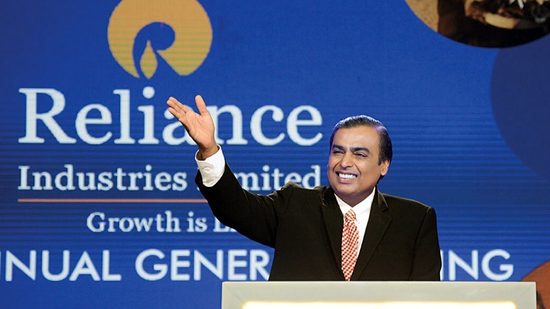Fed hike rates – Interest rates were increased by 0.75 percent by the US Federal Reserve and the Bank of England. In order to combat inflation, which has risen to multi-decade high, central banks are compelled to boost rates. Therefore, it is expected that interest rates will remain higher or perhaps increase in the upcoming month.In order to control inflation, India’s Reserve Bank of India has already increased interest rates four times this fiscal year. Although raising interest rates can assist control inflation, the problem is that they may also harm growth and depress the atmosphere in the financial markets. Will this have an effect on your debt and equity mutual funds?
According to fund managers, the Federal Reserve was expected to take a little more dovish stance, but the institution did not do so. After the Fed pronouncement, a strong dollar soared to its highest level in a week, which hurt the Indian rupee against it. The yield on government bonds increased as well.
Fund managers think that while rate increases may still occur in the USA, they might not be as significant. Some fund managers predict that global rate tightening will last for some time.
“This would primarily keep central banks throughout the world on a path of sustained tightening, and we anticipate the same for India as well. We predict that the RBI will increase the repo rate and use 6.75% as the fulcrum rate. We do not believe the RBI will let its guard down or pause earlier given the strength of the dollar and the state of our current account deficit because doing so would increase the risk of INR speculation.As a result of the law requiring RBI to explain its actions to the government and the fact that it has missed the inflation target zone for three consecutive quarters, we believe RBI won’t maintain an even higher level of alertness and won’t tighten policy until it is confident it will meet inflation targets rather than pausing on false hope. In light of this viewpoint, we anticipate a 15–25 bps hardening of yields in the upcoming months. According to Tata Fund Manager Akhil Mittal, the yield curve is anticipated to remain flat during the transition.
Additionally, according to Mittal, the short-term MTM impact on debt investors will be caused by the hardening of yields. Once the yield increases, it will, however, also offer stronger accruals to both current and new investors.
However, other fund managers think that even if the RBI follows the Fed, the impact won’t be very significant because the hikes have already been priced into the Indian markets. Equity markets can remain turbulent for a while, according to fund managers, and investors should be ready for it.
“RBI is unlikely to react to the US Fed hike in a big way as it was on expected lines and was broadly discounted by markets. RBI has spoken about being data driven and while it will look to contain inflation, it will also support growth in the economy. Markets will continue to be volatile due to global inflation concerns and geopolitical tensions; however, investors should continue to stay invested for the long term,” says Ajaykumar Gupta, Chief Business Officer, Trust Mutual Fund.
The issue is really dangerous, according to Suresh Sadagopan, chief planner at Ladder7 Financial Advisors, and investors, particularly new investors, should proceed with extreme caution. He advises people to seriously consider financial planning. They ought to have a reserve fund set up. They should save money for any objectives they have in the next three years. Stick to short-term loan financing for your short-term ambitions. With target maturity plans, you can also attempt to accomplish your goals.






